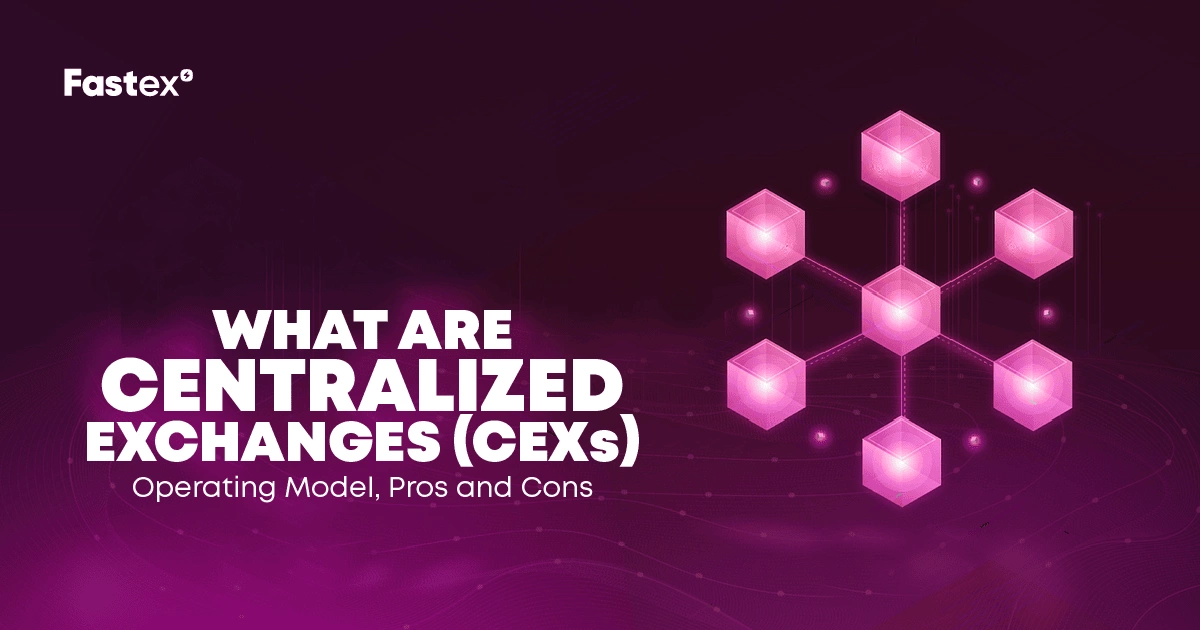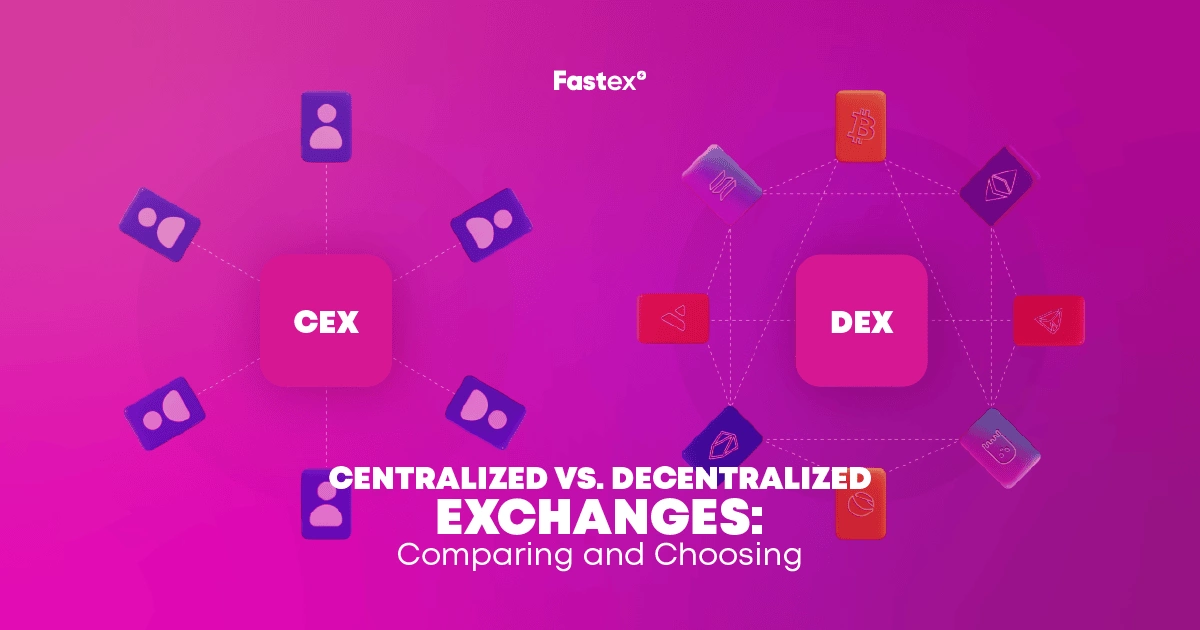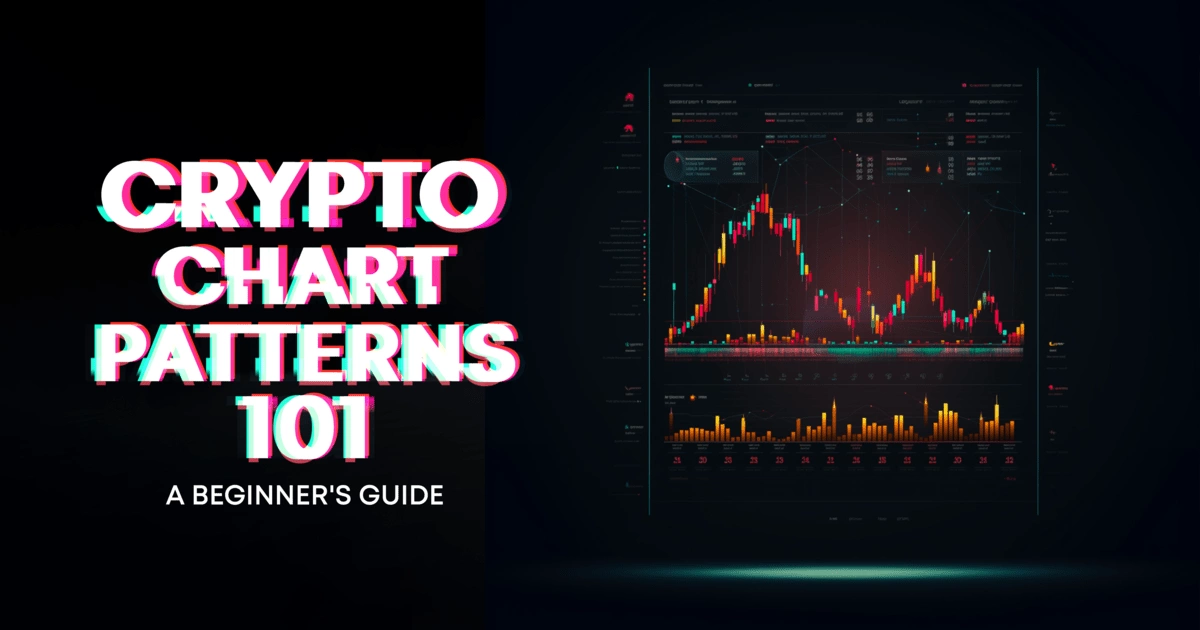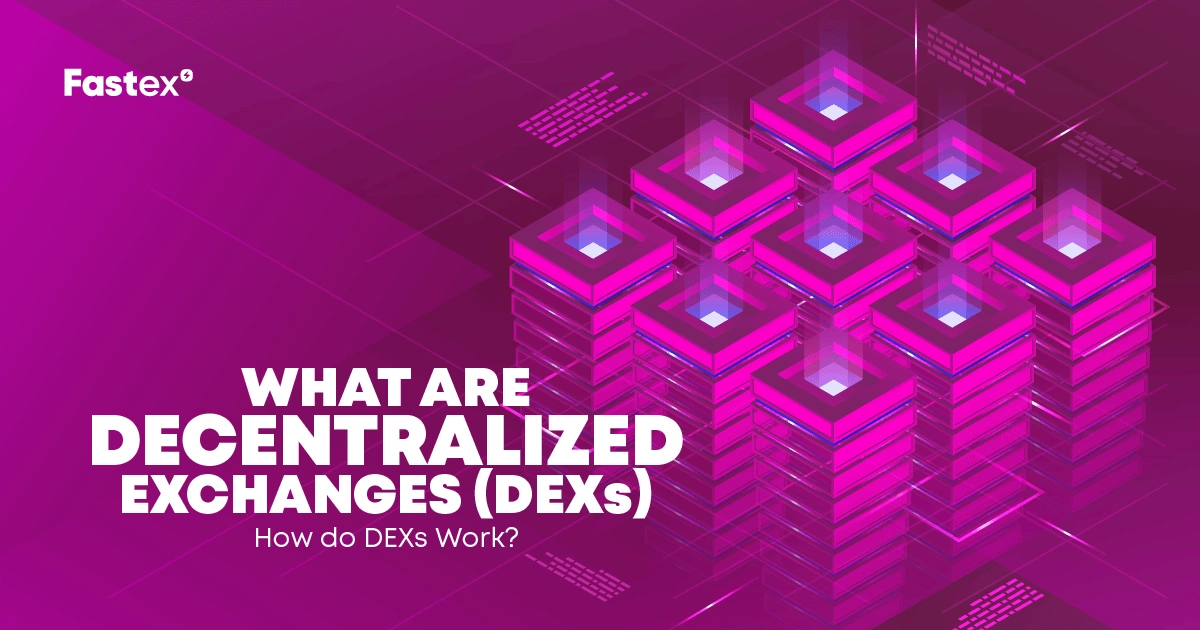
Decentralized Exchanges (DEXs)
A decentralized cryptocurrency exchange is known as an exchange that focuses on direct peer-to-peer transactions and is based on decentralized, non-custodial blockchain technology. In comparison with centralized exchanges, decentralized exchanges are autonomous platforms without a central management body that is powered by algorithms and the community and operates on smart contracts. As a result, DEXs only use blockchain technology for operations. Orders are processed by smart contracts without the need for custodial storage, strongly improving security.
Because DEXs had very little liquidity at first, no one was interested in using them. Then automated market maker (AMM) technology developed, significantly transforming DEXs.
Follow centralized vs decentralized exchanges to learn more about the differences and similarities between these two exchanges.
Understanding Decentralized Exchanges (DEXs)
What is the operation mechanism of a decentralized cryptocurrency exchange?
There is little difference between a centralized and decentralized exchange's operational system. They differ greatly in a few important ways, though.
DEX exchanges were developed to enable peer-to-peer trading of cryptocurrencies by users, and their operations are managed by smart contracts, which are self-executing blockchain apps. With this method, middlemen are not necessary. Furthermore, there is no KYC process for users on decentralized exchanges. They may now trade anonymously due to this.
How do DEXs function with private keys?
DEXs don't utilize exchange wallets or order books. Instead, they utilize an automated market maker(AMM) to process orders.
Traders of decentralized exchanges are completely in charge of ensuring the security of their money as they have control over their private keys. Users are also not required to register an account, lowering the challenges for logging into a DEX. However, several issues exist with DEXs, one of which is that DEXs are sometimes rather difficult to use; they do not provide services for purchasing and selling cryptocurrencies for cash.
Key Advantages of a Decentralized Exchanges
DEXs give a variety of benefits to users, including:
High resistance:
Decentralized exchanges, compared to centralized exchanges, are very resistant to restrictions since they do not require KYC (know your client). As a result, they are chosen by users seeking confidentiality when trading.
A wide range of traders:
The absence of KYC criteria enables these exchanges to appeal to unbanked consumers who are unable to access traditional banking services, particularly those who lack sufficient documents.
Lower transaction fees:
Reduced transaction costs as compared to centralized exchanges are an additional benefit of decentralized exchanges. Decentralized exchanges feature lower transaction costs than centralized exchanges since they allow for direct transactions between buyers and sellers and do not involve middlemen.
Key Disadvantages of Decentralized Exchanges (DEXs)
Decentralized exchanges have several disadvantages among which are:
Low liquidity:
One drawback of decentralized exchanges is that, because of their often smaller user bases and trading volumes, they frequently have lower levels of liquidity than centralized exchanges. These shortages can occasionally lead to a difference in asset values from rates in the market, which can have a negative impact on trade outcomes for both buyers and sellers.
Difficult to understand:
Since they are more technical and need some knowledge of blockchain technology to utilize, they are also less user-friendly than centralized exchanges. To trade on the platforms, for instance, traders need to maintain their private keys and utilize compatible wallets.
Lack of regulation:
DEXs may occasionally be complicated and cause asset losses as a result of errors, particularly for novice traders and investors. Nonetheless, the trading process is also highly affected by problems resulting from the absence of regulation. Using decentralized approaches, these exchanges are not subject to the same regulatory limitations that centralized exchanges apply.
Vulnerability:
Due to weak regulatory rules, DEXs are more susceptible to frauds like money laundering. As a result, regulated businesses that wish to make cryptocurrency investments typically avoid doing so.
Lack of customer support:
DEXs also have the drawback of frequently having unsupportive customer platforms. For people in need of assistance, this deficit may result in major issues.
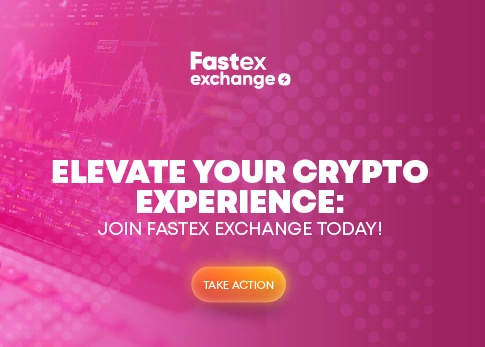
Examples of popular DEXs
Popular decentralized trading platforms like Uniswap, SushiSwap, and PancakeSwap, SilkSwap on Bahamut chain allow trading cryptocurrency straight from wallets without intermediaries required.
Silk Swap:
Located within the Bahamut ecosystem, Silk Swap offers a simplified decentralized exchange (DEX) platform. In addition to securely completing peer-to-peer transactions, users can explore a variety of assets and engage in decentralized trading. Silk Swap is noted for its affordable prices and simple navigation, as well as its clarity and openness. Another of its unique features is its community-driven concept, which allows users to contribute liquidity and earn revenue shares. A few of the main advantages are an unstoppable Web3 version, KYC-free trading for privacy, on-chain operations for security, and membership in liquidity pools. Silk Swap is focused on providing users all around the world with simple and safe trading by transforming decentralized finance.
Uniswap:
Perhaps the most recognized decentralized exchange developed on the Ethereum network is Uniswap. Users may trade ERC-20 tokens straight from their wallets thanks to its automated market maker (AMM) operation style. Uniswap's unrestricted design and easy user interface allowed it to gain a lot of popularity. It uses UNI, its native coin, for generating liquidity and for regulation. With billions of dollars exchanged every week, Uniswap frequently rated among the top DEXs in terms of trading volume as of the most recent report. By receiving fees based on their investment in the liquidity pool, liquidity providers on Uniswap support the platform's dynamic ecosystem. In the field of decentralized exchange, Uniswap's popularity has motivated a lot of traders and companies.
SushiSwap:
SushiSwap is the modified version of Uniswap. It was created with the intention of improving benefits for liquidity providers. With the use of its native token, SUSHI, it introduced new concepts of yield farming and staking.
SUSHI token holders are eligible to get a share of the trading fees collected by the platform.
The unique structure soon boosted SushiSwap to success in the DeFi community. Despite some worries over its migration procedure, SushiSwap maintained its status as one of the top DEXs. Its trading volumes and liquidity pools are constantly rising, attracting consumers looking for passive income through providing liquidity.
PancakeSwap:
PancakeSwap runs on the Binance Smart Chain (BSC) and quickly positioned itself as the main DEX in the BSC ecosystem. It has lower transaction costs and faster completion times than Ethereum-based DEXs, making it an appealing choice for dealers wishing to avoid large gas expenses.
PancakeSwap's native cryptocurrency, CAKE, serves for several purposes, including governance and earnings for liquidity providers. PancakeSwap provides a variety of yield farming alternatives and has shown spectacular growth in trading volumes and user engagement. PancakeSwap is regularly ranked among the top DEXs in terms of trade volume, showing its popularity inside the Binance Smart Chain ecosystem.
These DEXs demonstrate the current development of decentralized finance (DeFi), which gives traders unrestricted access to their financial services and yields development.
Conclusion
Examining DEXs can lead to new opportunities for investors and traders wanting to change the world of finances.
Now trading cryptocurrencies is being revolutionized by decentralized exchanges, which provide customers with a peer-to-peer, decentralized substitute for standard centralized exchanges. Despite their benefits, DEXs have drawbacks such as limited liquidity and difficulty for novice users. Problems with regulations and expenses such as gas may also harm accessibility.
Yet, traders choose decentralized exchanges (DeFi) because of the promises of security, anonymity, and passive earnings. With the development of the DeFi ecosystem, DEXs will be essential in forming a transparent and inclusive financial future.
Disclaimer: Includes third-party opinions. No financial advice.

